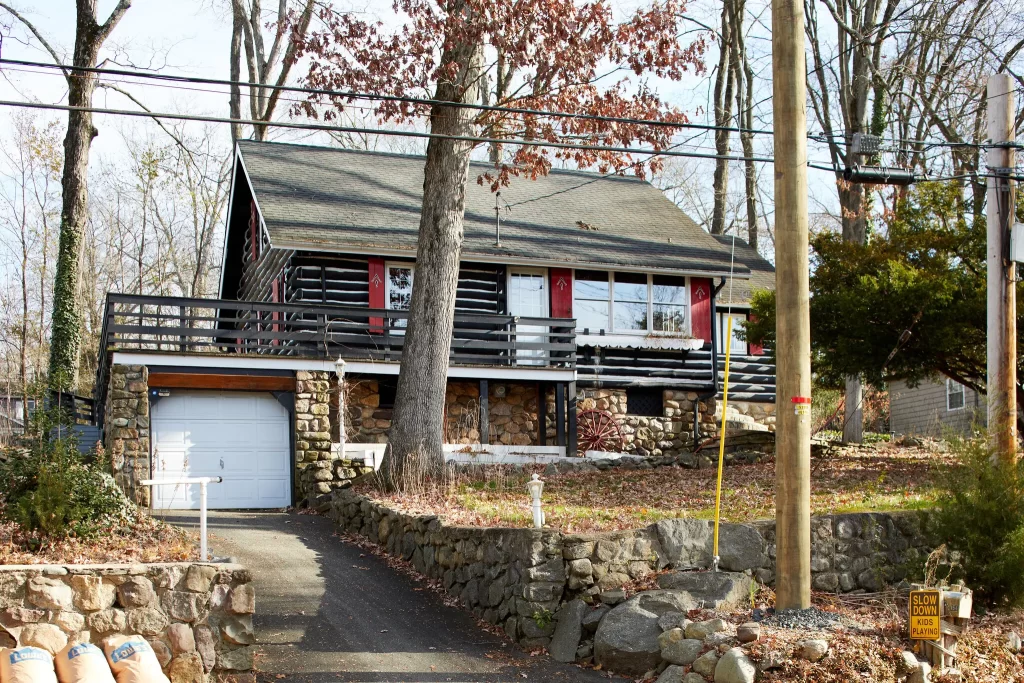From the APP:
Realtor.com released 2024 forecast for top housing markets
Coming in at No. 23 was the Allentown-Bethlehem-Easton, PA-NJ area, with forecasts of :
- 2024 existing home sale counts year over year: 2.2 percent
- 2024 existing home sale counts vs 2017-19 average: -13.2 percent
- 2024 existing home median sale price year over year: 5 percent
- 2024 existing home median sale price vs. 2017-19 average: 63.3 percent
- Combined 2024 existing home sales and price growth: 7.3 percent
The next New Jersey market on the list was New York-Newark-Jersey City, NY-NJ-PA, coming in at No. 75.
- 2024 existing home sale counts year over year: -10.8 percent
- 2024 existing home sale counts vs 2017-19 average: -37.5 percent
- 2024 existing home median sale price year over year: 3 percent
- 2024 existing home median sale price vs. 2017-19 average: 47.7 percent
- Combined 2024 existing home sales and price growth: -7.8 percent
The final New Jersey market in the Top 100 is Philadelphia-Camden-Wilmington, PA-NJ-DE-MD, at No. 80.
- 2024 existing home sale counts year over year: -13.4 percent
- 2024 existing home sale counts vs 2017-19 average: -36 percent
- 2024 existing home median sale price year over year: 3.8 percent
- 2024 existing home median sale price vs. 2017-19 average: 48.5 percent
- Combined 2024 existing home sales and price growth: -9.6 percent


